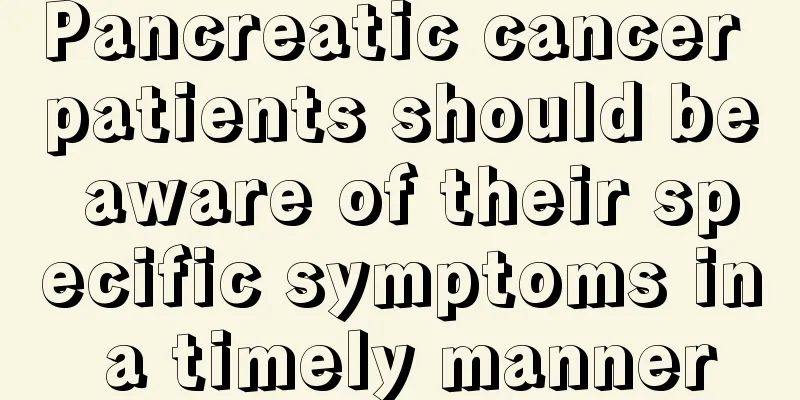What causes heart cramp pain with a murmur?

|
Many people often feel heart cramp-like pain when they are too excited or tired. This can be mainly judged by two factors. The physiological factors are mild. Some patients' hearts will be accompanied by murmurs without other symptoms. Rest can relieve pathological factors. Functional factors will also be accompanied by convulsive pain in the heart, which can be mainly judged to be caused by heart disease. Heart murmurs can generally be divided into two categories: One type is physiological or functional murmur, also known as harmless murmur, which often occurs when the heart contracts; the other type is pathological or organic murmur, which may occur when the heart contracts or relaxes. Noise can be divided into 6 or 4 levels according to its loudness, with level 1 being the mildest. Physiological murmurs are characterized by a light and soft sound, generally presenting as a systolic murmur below grade 2. Its occurrence does not necessarily mean that there is a heart disease, but is the result of increased myocardial contractility and faster blood flow. Generally speaking, I don’t feel anything, don’t need treatment, and don’t need to mind it. It mostly occurs in normal young people, and is also seen in patients with fever, anemia, emotional excitement, after exercise and hyperthyroidism. Pathological murmurs are characterized by loud and rough sounds, most of which are above level 2. If you press your palm on the chest wall, you can feel the chest wall vibrate like a cat panting. This feeling is medically called "cat panting" or "tremor." Its appearance is a reliable diagnostic basis for organic heart disease. Appropriate treatment should be given according to the cause and symptoms. This type of murmur is more common in rheumatic heart disease. If it is mitral regurgitation, a sound like blowing may occur in the apex area; if it is mitral stenosis, a sound like thunder or a drum may occur in the apex area. Many people with pathological murmurs may experience chest tightness, shortness of breath, and palpitations after fatigue or activity. They should be given drug treatment in time and surgery if necessary. Therefore, when you know that you have a heart murmur, first of all, you should ask your doctor to clarify whether the murmur is physiological or pathological, and whether it is systolic or diastolic. If it is a physiological systolic murmur, the heart may not be sick and there is no need to be nervous or require treatment. |
<<: Is there any connection between flushing and heart disease?
>>: Use these Chinese patent medicines to quickly get rid of cold and dampness
Recommend
How do patients with hamartoma eat
In fact, everyone knows that hamartoma is a benig...
Numbness and tingling in the palms and chest tightness when waking up early
When you wake up in the morning, if you feel numb...
Reasons for frequent yawning
We have all yawned in our daily lives. In everyon...
Can you eat male sperm?
When lovers or spouses have sex, they will use va...
What are the methods for moisture-proofing the basement
Many people like to buy a one-story building with...
What are the basic knowledge about pituitary tumors
Although pituitary diseases are not very common, ...
Can coffee lower blood sugar?
Cigarettes and alcohol can make people feel stimu...
What are the types of rhinoplasty?
Before choosing rhinoplasty surgery, you must con...
Persistent pain in upper abdomen
The human abdomen is mainly divided into the uppe...
Can liver function test detect liver cancer?
Liver function only shows the patient's trans...
What to do when you feel bad and depressed
In today's society, all kinds of pressure com...
Hands shaking when writing calligraphy
Can you write calligraphy? Have you ever encounte...
What harm can acute cholecystitis cause?
The gallbladder is not the source of courage for ...
Toes are red, swollen and itchy
The feet are an important part of the human body,...
How long can you live with ovarian cancer
How long can you live with ovarian cancer? There ...









